In the dynamic landscape of New Zealand's politics, social media has emerged as a powerful tool, reshaping how political discourse is conducted and perceived. As we delve into the complex interplay between social media and the political landscape in New Zealand, it's essential to understand the implications and effects this digital revolution has on democracy, public opinion, and policy-making. Let's explore how social media may be influencing political outcomes and what strategies can be employed to harness its positive potential while mitigating negative impacts.
The Rise of Social Media in New Zealand’s Political Arena
With over 90% of New Zealanders using the internet and a significant portion active on social media platforms, these digital spaces have become crucial for political engagement. The 2020 General Election saw social media playing a pivotal role, with parties and candidates utilizing platforms like Facebook and Twitter to reach voters directly. This shift from traditional media has democratized information dissemination, offering a voice to diverse opinions and enabling real-time dialogue.
Case Study: Social Media Impact on the 2020 NZ Elections
During the 2020 New Zealand General Elections, social media was instrumental in shaping public discourse. The Labour Party, led by Jacinda Ardern, effectively used social media to communicate policies, engage with younger demographics, and counter misinformation. According to a report by the University of Auckland, Labour's social media strategy contributed to a 7% increase in voter turnout among 18-24-year-olds, highlighting the platform's power in mobilizing young voters.
Pros and Cons of Social Media in Politics
Social media offers several advantages in the political sphere, but it's not without its challenges.
Pros:
- Enhanced Engagement: Social media facilitates direct interaction between politicians and the electorate, fostering transparency and trust.
- Increased Accessibility: Information reaches a broader audience, including marginalized groups, ensuring diverse participation in political discourse.
- Rapid Dissemination: Political messages can be spread quickly, allowing for immediate response to issues and crises.
Cons:
- Misinformation: The rapid spread of false information can distort public perception and influence electoral outcomes.
- Polarization: Algorithms that prioritize sensational content can deepen ideological divides, leading to echo chambers.
- Privacy Concerns: The collection and use of personal data for targeted political advertising raise ethical and privacy issues.
Data-Driven Insights: Social Media's Economic Impact
Beyond politics, social media's influence extends to economic factors in New Zealand. According to Stats NZ, the digital economy contributes significantly to the country's GDP, with social media playing a critical role in e-commerce, advertising, and consumer engagement. Businesses leveraging social platforms report a 25% increase in customer interaction, underscoring social media's economic potential.
Contrasting Viewpoints: Is Social Media a Boon or Bane?
The debate over social media's role in politics is multifaceted. Advocates argue that it democratizes information and empowers citizens, while critics highlight the risks of misinformation and polarization. A balanced approach suggests that while social media can enhance political engagement, regulatory frameworks are necessary to safeguard against its pitfalls. The New Zealand government has implemented measures to combat online misinformation, setting a precedent for responsible digital governance.
Debunking Common Myths About Social Media and Politics
- Myth: "Social media only influences young voters." Reality: While younger demographics are more active online, older voters increasingly rely on social media for news and political updates, as reported by the New Zealand Electoral Commission.
- Myth: "All political content on social media is biased." Reality: While bias exists, platforms are working towards promoting diverse perspectives and reducing algorithmic echo chambers.
- Myth: "Social media has no real impact on elections." Reality: Studies have shown that social media strategies can significantly influence voter behavior and election outcomes, as evidenced by the 2020 NZ elections.
Future Trends and Predictions
Looking ahead, social media is poised to become even more integral to New Zealand's political landscape. By 2026, it's predicted that social media will influence over 70% of voter decisions, necessitating robust digital literacy and critical thinking skills among the populace. Additionally, advancements in AI and data analytics will allow for more personalized and targeted political campaigns, emphasizing the need for ethical guidelines and policies.
Final Takeaways
- Engagement: Social media enhances political engagement and democratizes information.
- Challenges: Misinformation and polarization remain significant concerns.
- Economic Impact: Social media contributes to economic growth through increased consumer engagement.
- Future Outlook: The role of social media in politics will continue to grow, demanding ethical oversight and digital literacy.
As New Zealand navigates the complexities of social media's impact on politics, it's crucial to balance its benefits with the challenges it presents. By fostering informed and critical engagement, New Zealand can harness social media's power to enhance democratic processes and drive positive political change. What are your thoughts on social media's role in politics? Share your insights below!
People Also Ask (FAQ)
- How does social media impact politics in New Zealand? Social media enhances political engagement, allowing for direct interaction between politicians and voters, but it also poses challenges like misinformation and polarization.
- What are the biggest misconceptions about social media's role in politics? Common myths include the belief that social media only influences young voters and that all political content is biased, whereas its impact is widespread and diverse.
- What strategies can mitigate the negative impacts of social media on politics? Implementing regulatory frameworks, promoting digital literacy, and encouraging diverse perspectives can help mitigate social media's negative impacts on politics.
Related Search Queries
- Social media impact on New Zealand politics
- Misinformation in NZ elections
- Social media regulation in New Zealand
- Digital literacy in New Zealand
- Role of social media in political campaigns
- Social media and voter engagement
- Economic impact of social media in New Zealand
- Future of social media in politics
- Case studies of social media in NZ elections
- Social media strategies for political campaigns







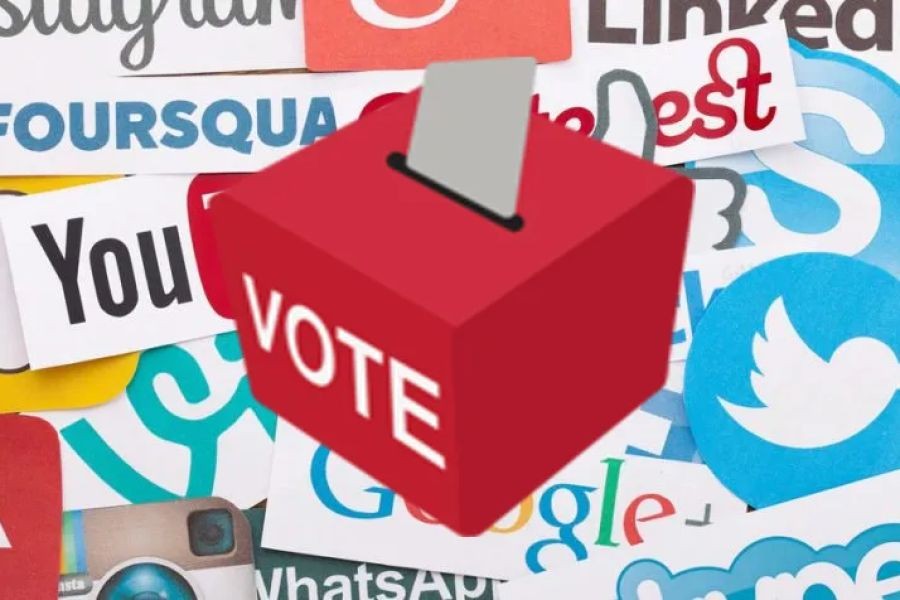








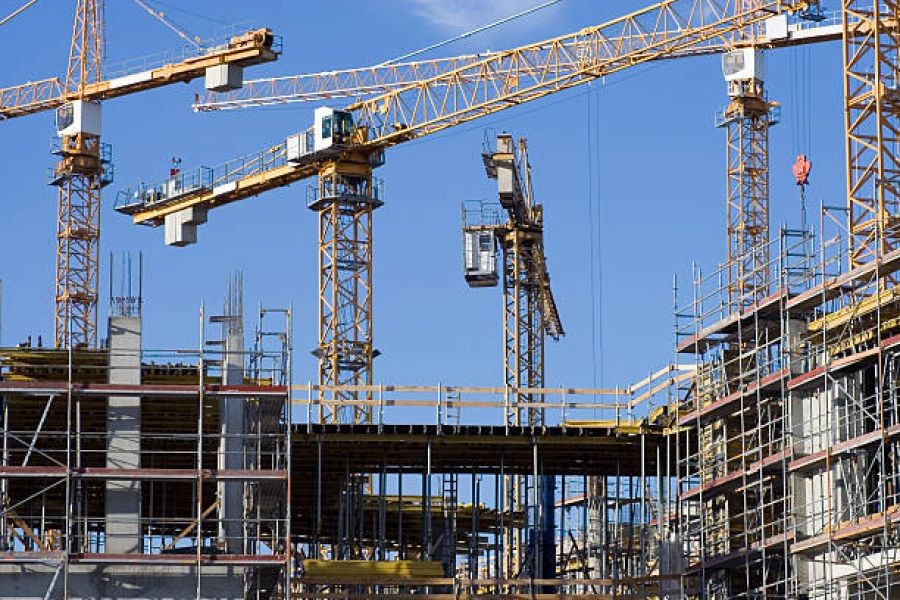
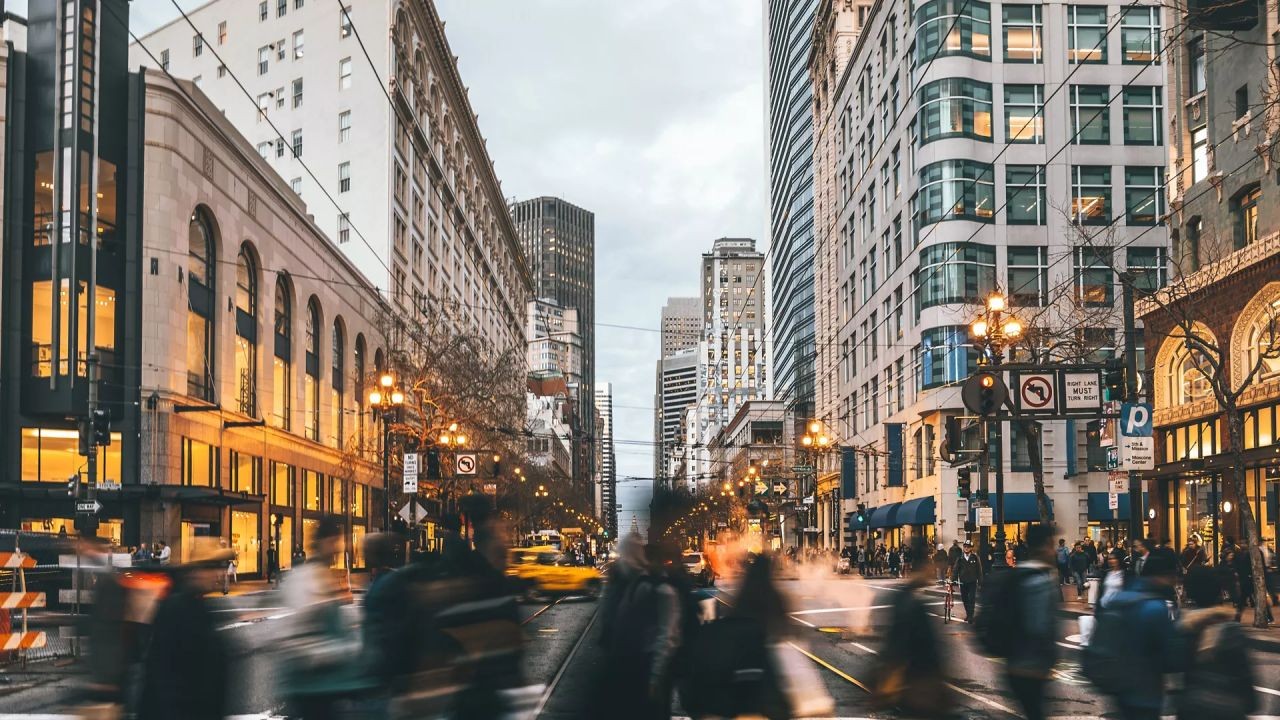


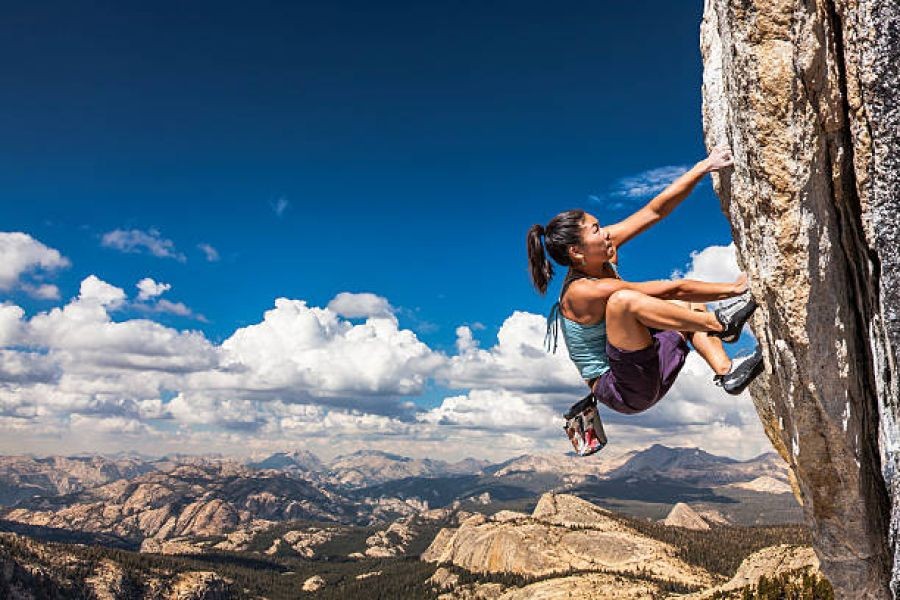

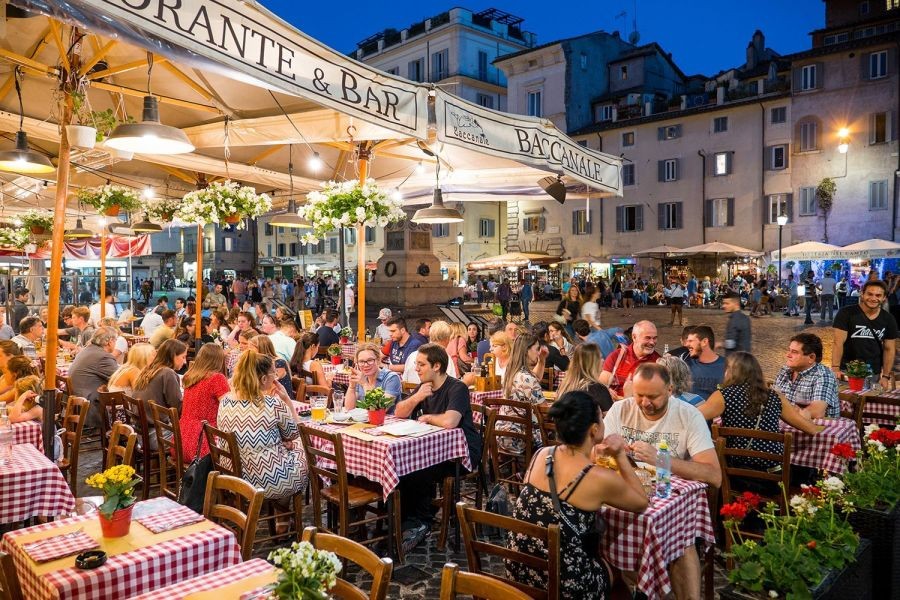

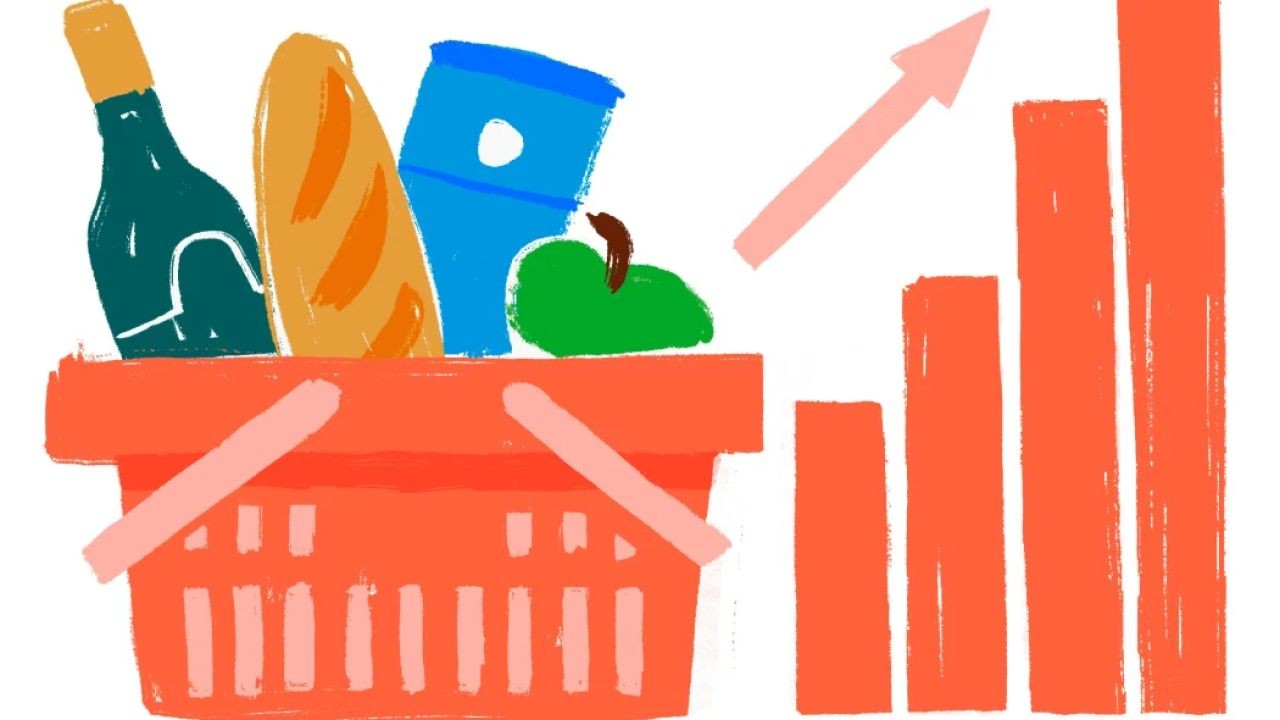


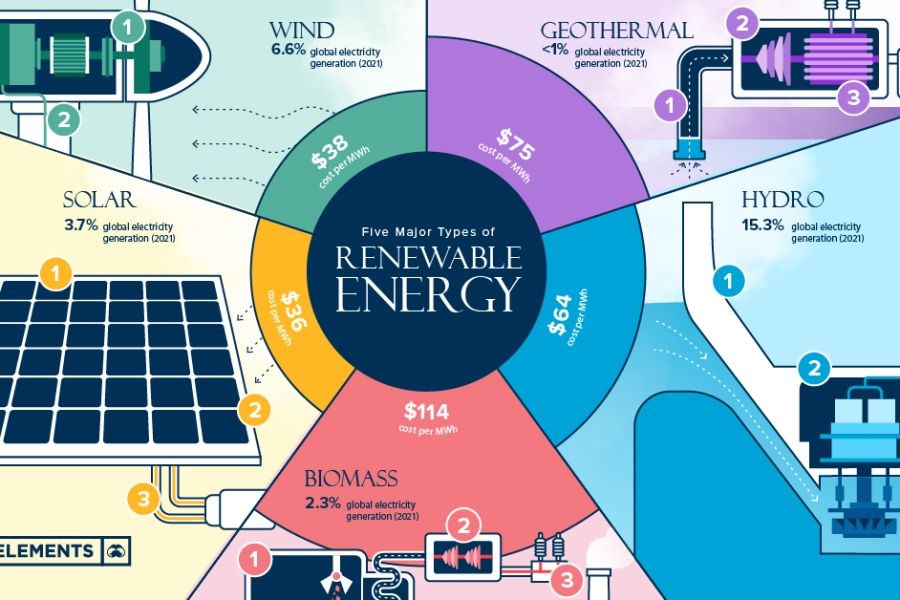
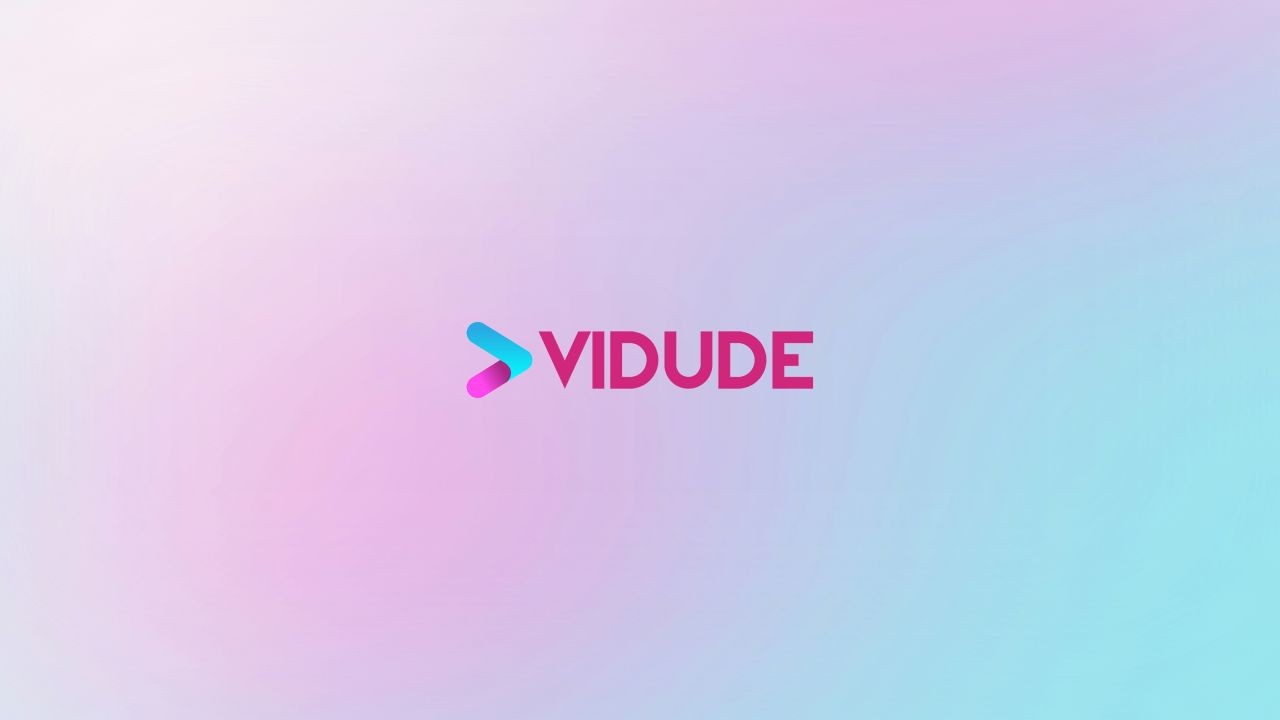
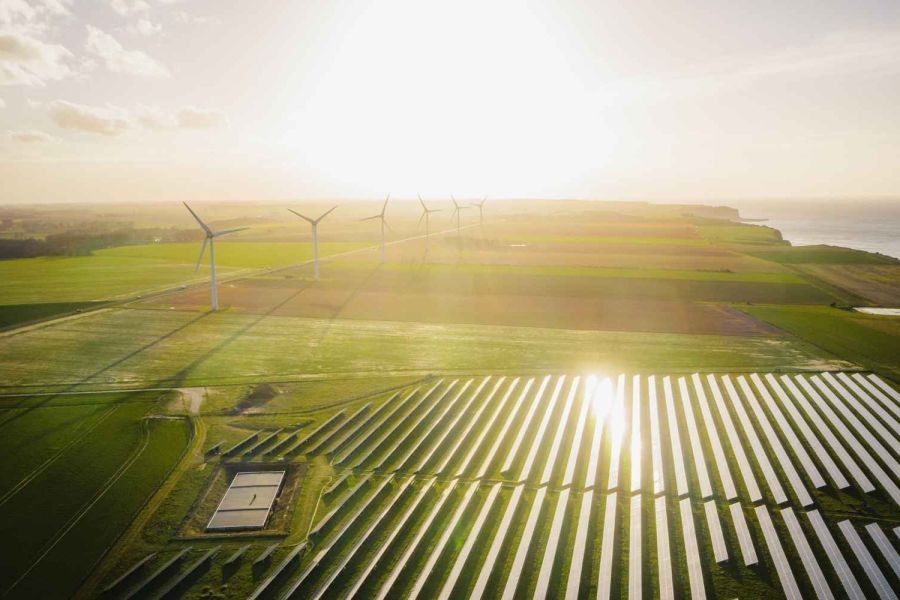
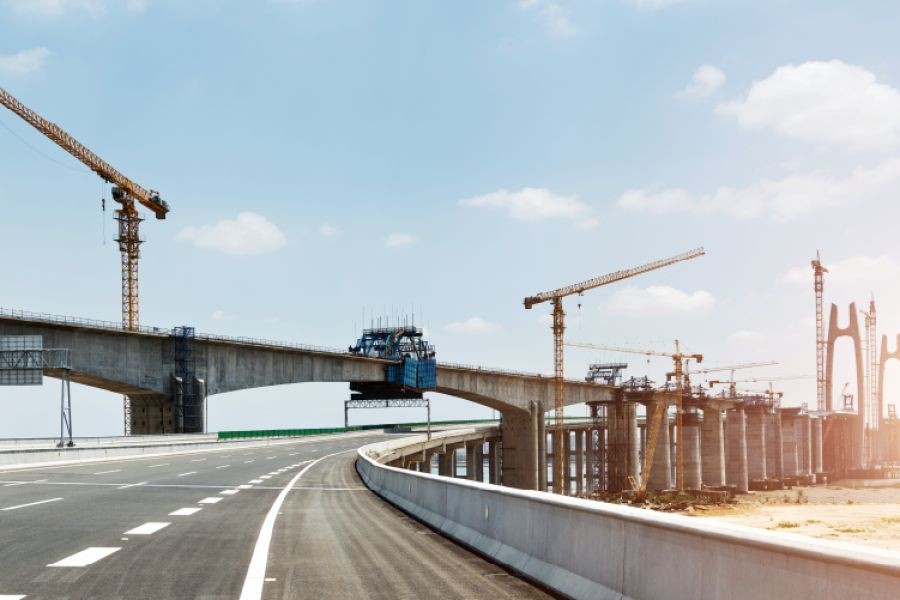
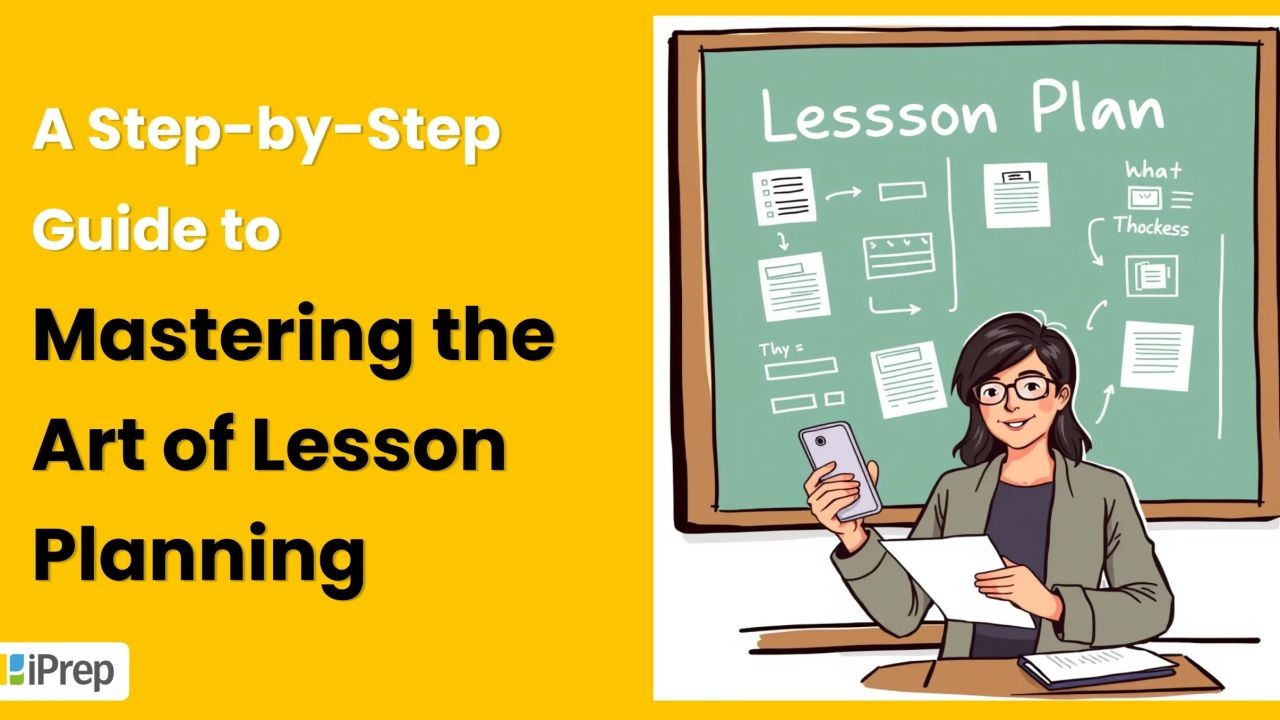


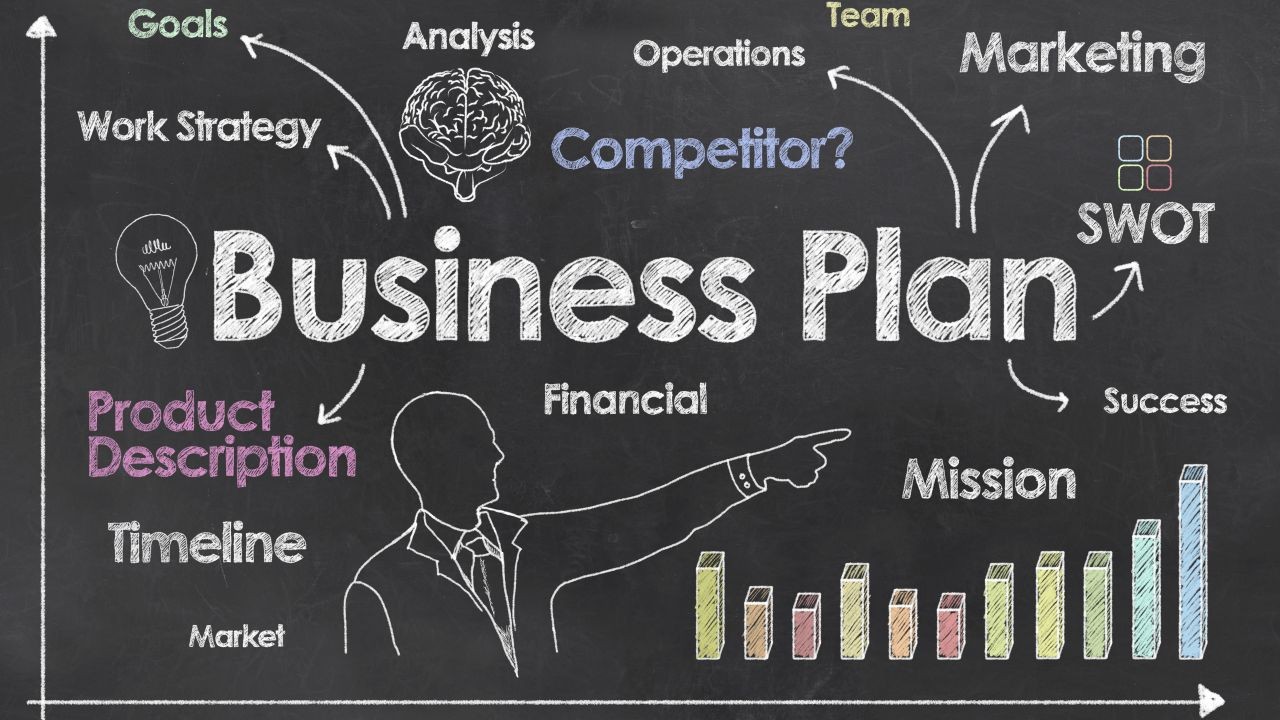





xuymanuela206
3 months ago